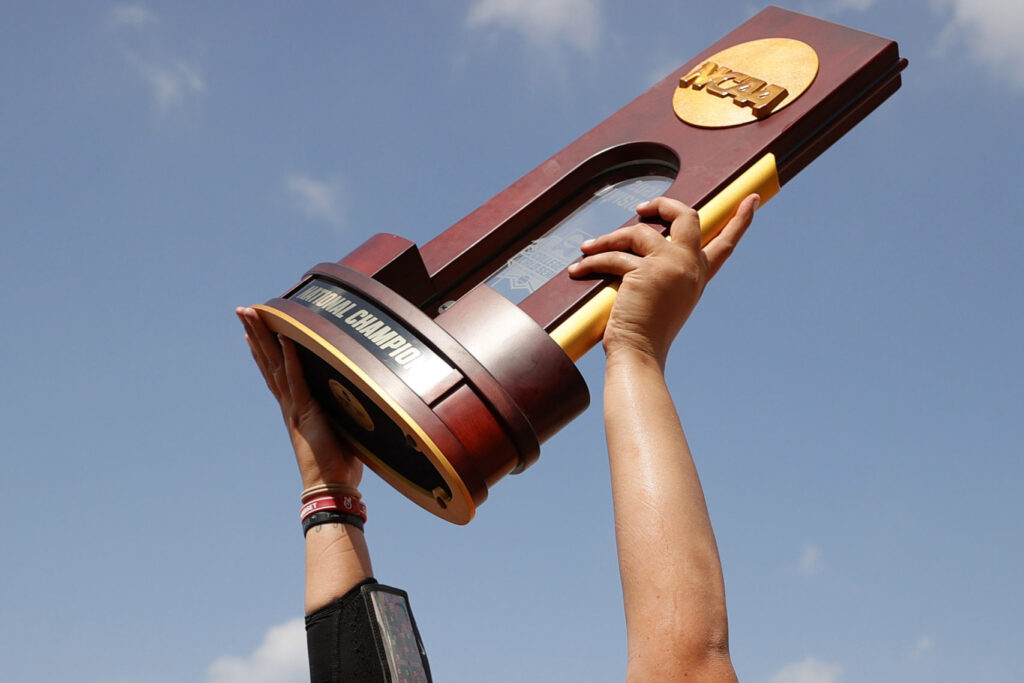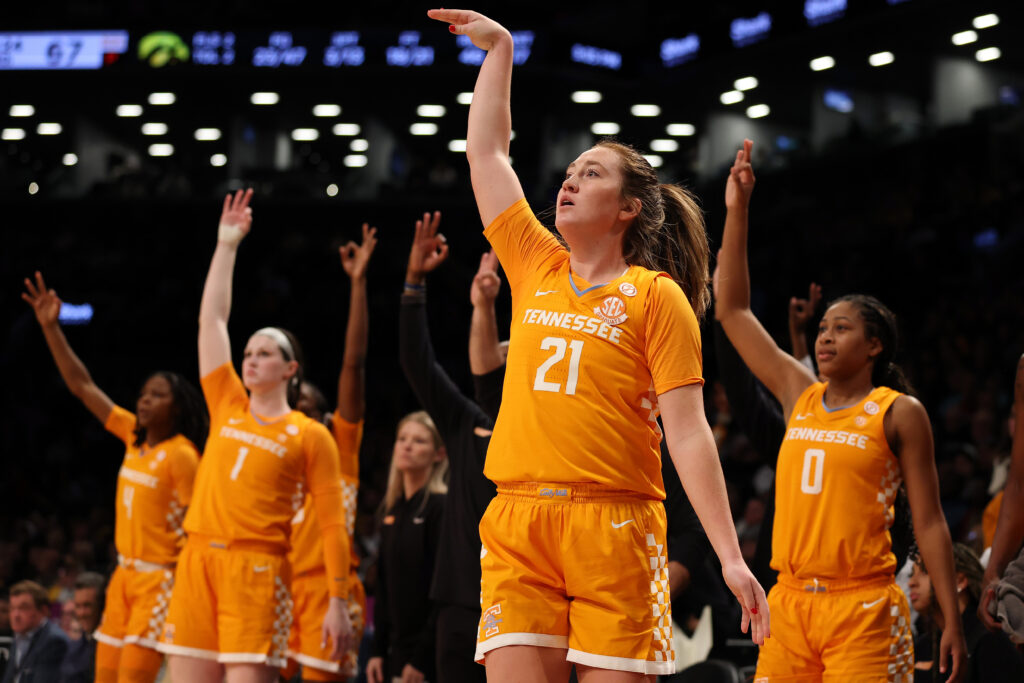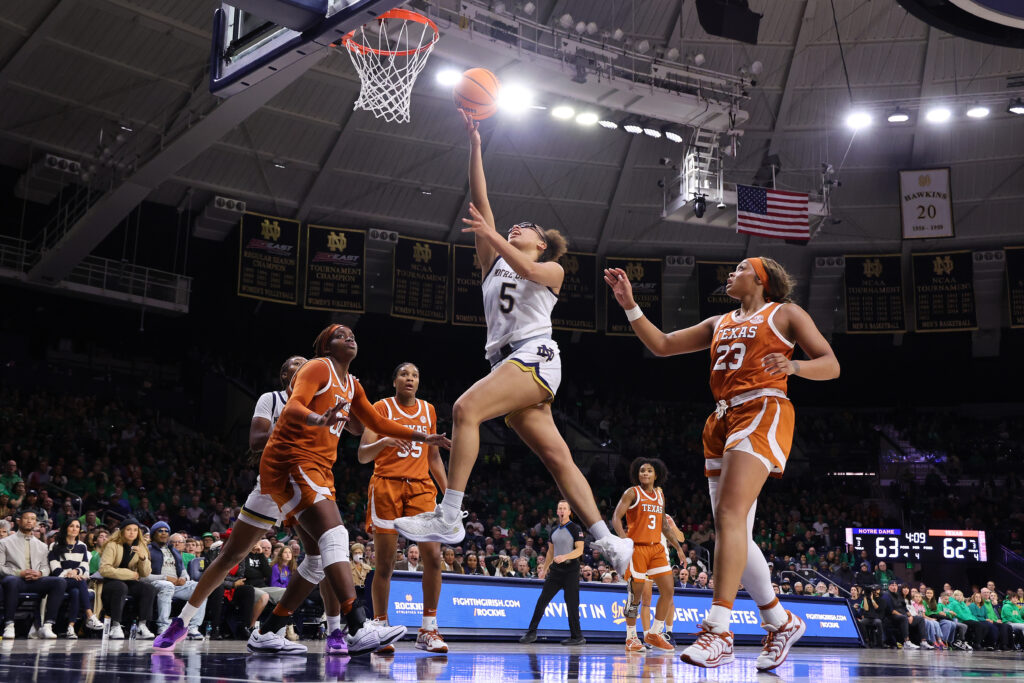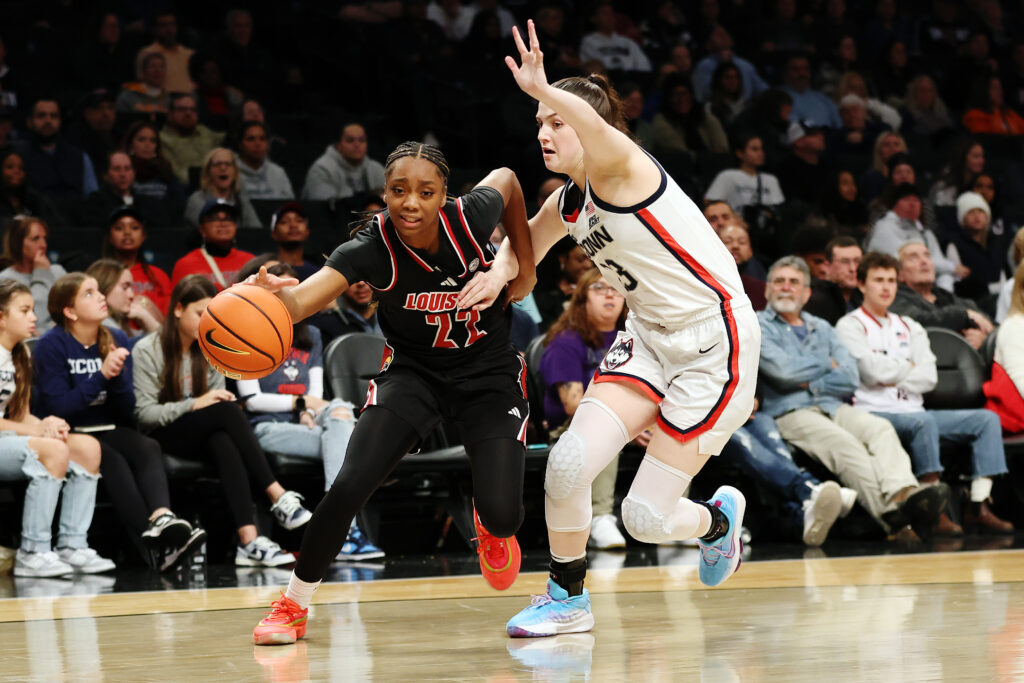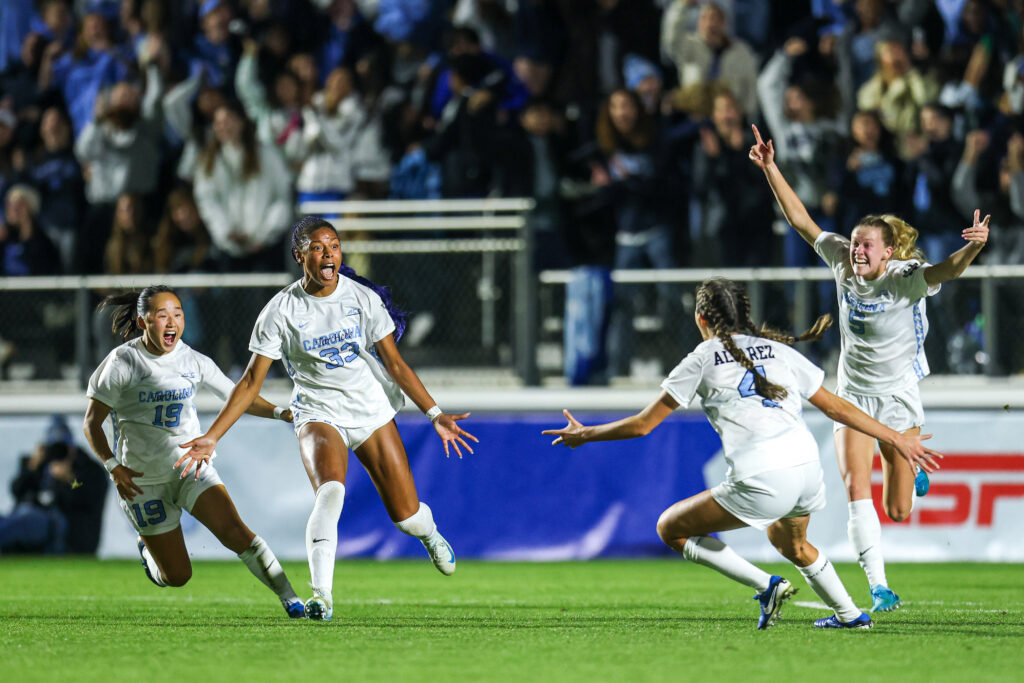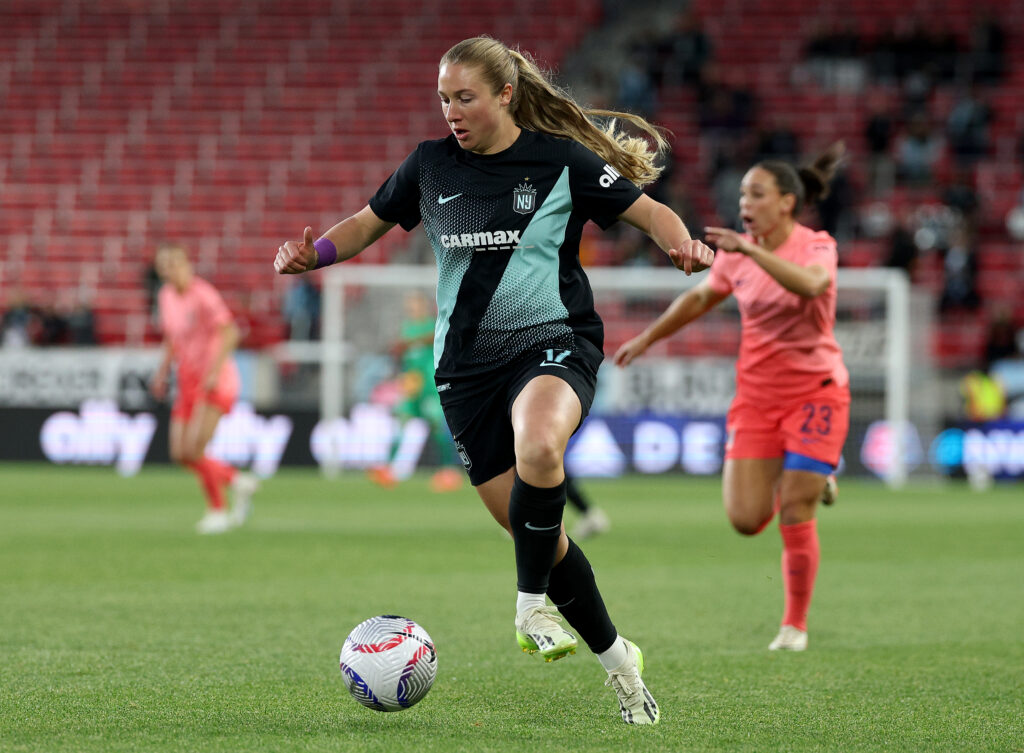The NCAA announced Wednesday a new policy in which they will look to each sport’s individual governing bodies to determine transgender participation in its sports. The new policy goes into effect immediately.
The new sport-by-sport approach will look to balance “fairness, inclusion and safety for all who compete.”
Previously, the policy – which was adopted in 2010 – was uniform across all sports and based on hormone therapy requirements. The new policy aligns collegiate sports with recent changes made by the USOPC and the IOC.
“We are steadfast in our support of transgender student-athletes and the fostering of fairness across college sports,” said John DeGioia, NCAA Board of Governors chair and Georgetown president. “It is important that NCAA member schools, conferences and college athletes compete in an inclusive, fair, safe and respectful environment and can move forward with a clear understanding of the new policy.”
Transgender athletes who wish to compete, beginning with the winter 2022 championships, will need to document their testosterone levels. Those levels must be in compliance with their sport four weeks prior to the selection of championship participants.
If a sport does not have a national governing body with a policy, the international federation’s policy will be used. If that is not available, previously established policy by the IOC will be utilized.
Beginning next season, athletes will need to provide their testosterone levels at three predetermined points, which will include a check four weeks prior to championship selection.
“This update complicates the NCAA policy in a way that I don’t believe they are equipped to handle,” Chris Mosier, a triathlete and transgender inclusion advocate, told ESPN. “Given that many NGBs have not created policies for transgender athletes and that policies vary from sport NGB to NGB, tracking compliance is going to be a nightmare for the NCAA. This creates many different standards for trans athletes.”
The change of the rules comes amidst a national debate about transgender participation in the NCAA. University of Pennsylvania swimmer Lia Thomas has been one of the athletes at the center of that debate. Thomas, who was on the men’s team for three years but is competing for the women’s team this season after transitioning, has recorded multiple top times in the country.
Under the new policy, Thomas will need to be in compliance with USA Swimming’s criteria in order to compete at the NCAA championships in March. The policy, adopted in 2018, uses a review panel to determine eligibility. Elite-level swimmers are additionally subject to FINA and IOC regulations. A November 2021 update to the IOC’s policy defers to the individual policies of international federations. Whether or not college athletes fall under the elite category has not been specified.
In a statement on Thursday, Penn said that it would work with the NCAA in support of Thomas.
Former Olympic swimmer Nancy Hogshead-Makar told ESPN she also takes issue with the revisions.
“The new NCAA policy sounds a lot like the old one,” she said. “The board hasn’t resolved the intractable balancing between fairness, playing safety and inclusion. They failed women by not prioritizing fairness.”
According to NCAA president Mark Emmert, the policy is an attempt to align the organization with the IOC.
“Approximately 80% of U.S. Olympians are either current or former college athletes,” Emmert said. “This policy alignment provides consistency and further strengthens the relationship between college sports and the U.S. Olympics.”
